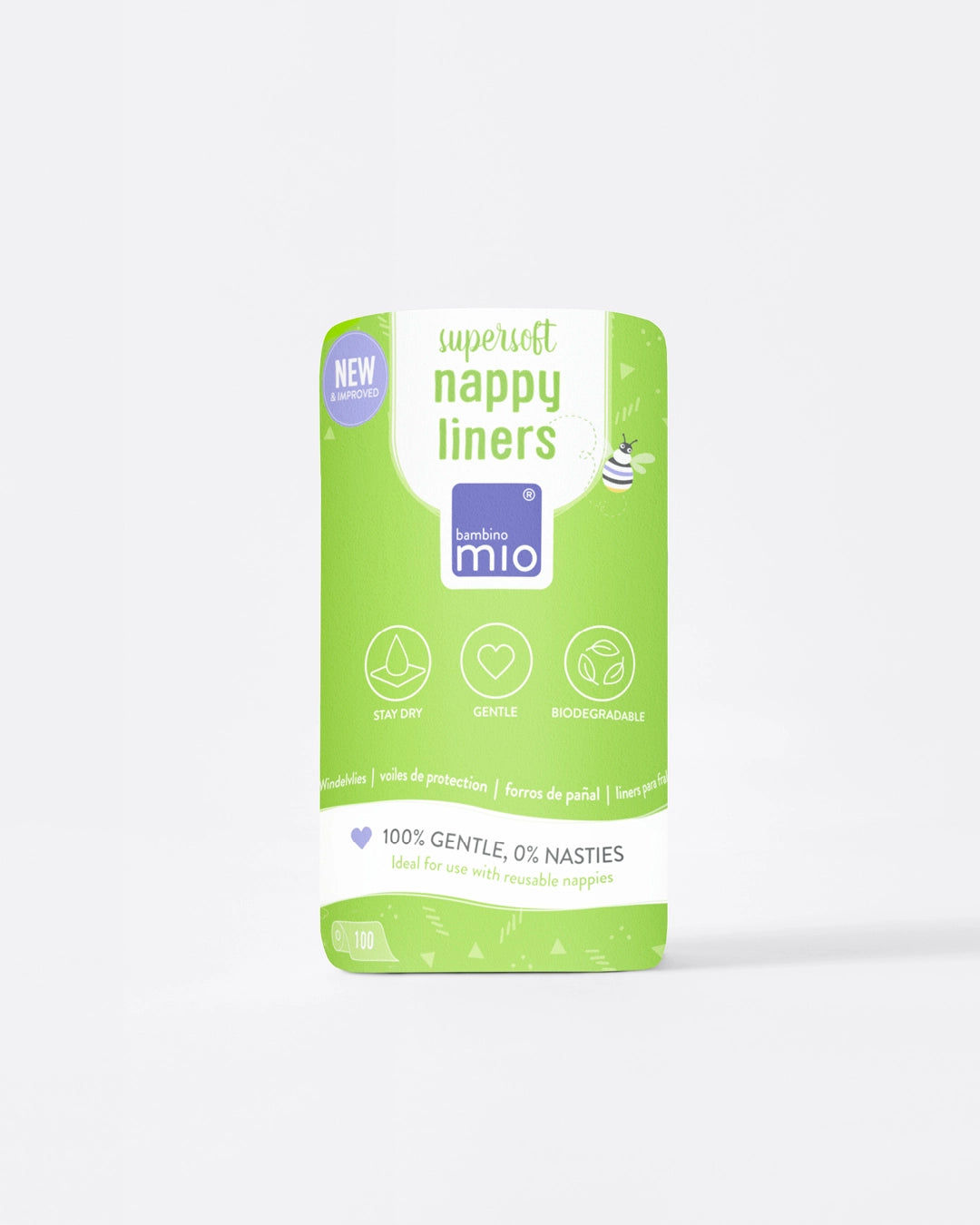Incredible Pregnancy Facts: Amazing Insights Every Mom-to-Be Should Know
Share Options
- Bambino Mio
- Parent Life
- 09 / 06 / 2023

Pregnancy is an amazing time, for sure. Growing a whole new human (or growing two or more humans at once) is one of the most profound experiences a woman can go through and it’s only the start of the parenthood journey.
If you’re expecting a baby, or if you’re planning to get pregnant soon, then we have some interesting, inspiring and downright weird facts for you to get your teeth into (when you’re not craving coal, that is).
Your heart actually grows during pregnancy
Your pregnant body is supporting two people so your blood volume increases by up to 50%. This means your heart has to beat faster and more strongly to make sure your baby gets the food and oxygen it needs and this process makes your heart increase in size during pregnancy.
Your partner can experience symptoms of pregnancy too
Men can experience some pregnancy symptoms alongside their pregnant partners. This is known as a sympathetic pregnancy or couvade syndrome and men with it can gain weight, feel pregnancy nausea and even have swollen limbs in sympathy.
Babies cry while still in the womb
Your baby starts crying while still in utero! Studies have found that babies start to cry - without sound, of course, as early as 28 weeks. It’s thought that this behaviour isn’t a response to negative feelings, but that it’s practice for what will be your baby’s primary mode of communication for some time.
They also wee in the womb
That’s right, and not just any womb - your womb! At around 13 weeks, long before you’re deciding whether to use reusable or disposable nappies, your baby is merrily drinking your amniotic fluid and weeing it back out. Your placenta filters out most of the waste products in the urine, so it’s quite safe for you both.
You can develop some really strange cravings
We’ve all heard about pregnant women craving odd food combos such as pickles and vanilla ice cream and while this is an unusual pairing, at least both items are actual food!
Around 30% of pregnant women develop a taste for non-food items such as chalk, soap and even coal or tar. This strange hankering is known as pica and it’s thought to be related to iron deficiencies - your body is “looking” for sources of iron and other minerals.
Your feet can grow by up to one shoe size
It’s not unusual for a woman’s feet to increase in size during pregnancy, sometimes by as much as a shoe size.
There are a couple of potential reasons for this increase. One is the effect of the hormone relaxin, which loosens your ligaments ready for the birth. While it’s meant to work on your pelvic girdle to make your baby’s entrance easier, it affects other ligaments, making your feet wider as the bones “spread” out.
Your feet also tend to swell during the later stages of pregnancy as you’re carrying around a lot of extra blood and fluid. Don’t worry, though, as your feet will return to their normal size within a few months of having your baby.
Only 5% of babies arrive on their due date
Your baby’s due date is only an estimate and only 5% of babies actually arrive on the estimated due date. This is nothing to worry about, as a pregnancy is regarded as being “term” (or finished) at anything between 37 and 42 weeks. Use our handy due date calculator to work out your due date so that you have everything ready for your new arrival.
Citations and References
(1) Northwestern Medicine. Feinberg School of Medicine. ‘Mechanisms of Pregnancy-Associated Heart Growth Identified.’2022. Web. news.feinberg.northwestern.edu/2022/04/18/mechanisms-of-pregnancy-associated-heart-growth-identified
(2) Scientific American. 'Why do some men experience pregnancy symptoms such as vomiting and nausea when their wives are pregnant?’ 2004. Web. www.scientificamerican.com/article/why-do-some-men-experienc
(3) Live Science. ‘Do Babies Cry in the Womb?’ 2021. Web. www.livescience.com/do-babies-cry-in-womb
(4) Medical News Today. ‘Do Babies Poop in the Womb?’ 2020. Web. www.medicalnewstoday.com/articles/do-babies-poop-in-the-womb#summary
(5) National Health Service (NHS) Start For Life. ‘Week-by-Week Guide to Pregnancy. Week 5.’ 2020. Web. www.nhs.uk/start4life/pregnancy/week-by-week/1st-trimester/week-5/
(6) National Health Service (NHS). ‘Pregnancy-related Pelvic Girdle Pain.’ 2017. Web. www.berkshirehealthcare.nhs.uk/media/168315/pelvic_girdle_leaflet.pdf
(7) National Health Service (NHS). ‘Preparing For the Birth.’ 2023. Web. www.uhsussex.nhs.uk/services/maternity/giving-birth/preparing-for-the-birth





























